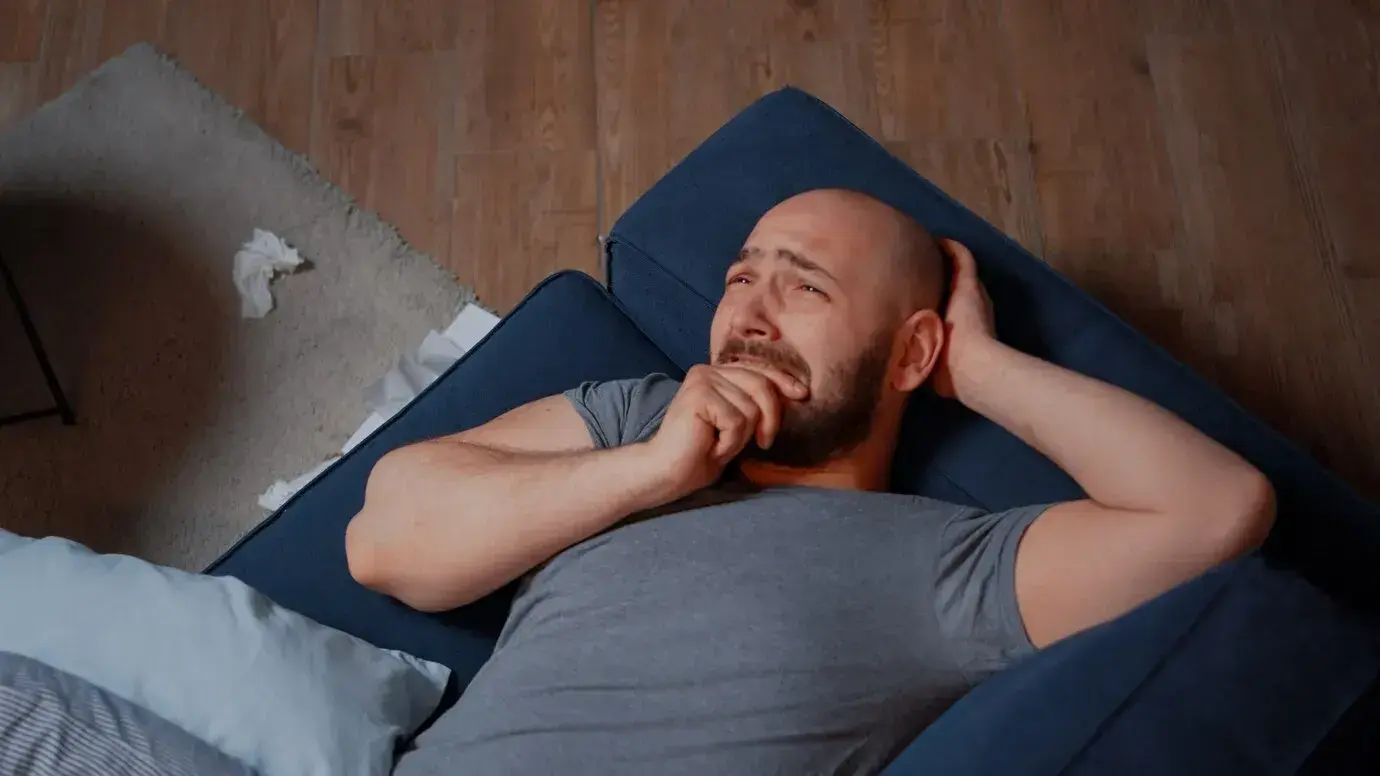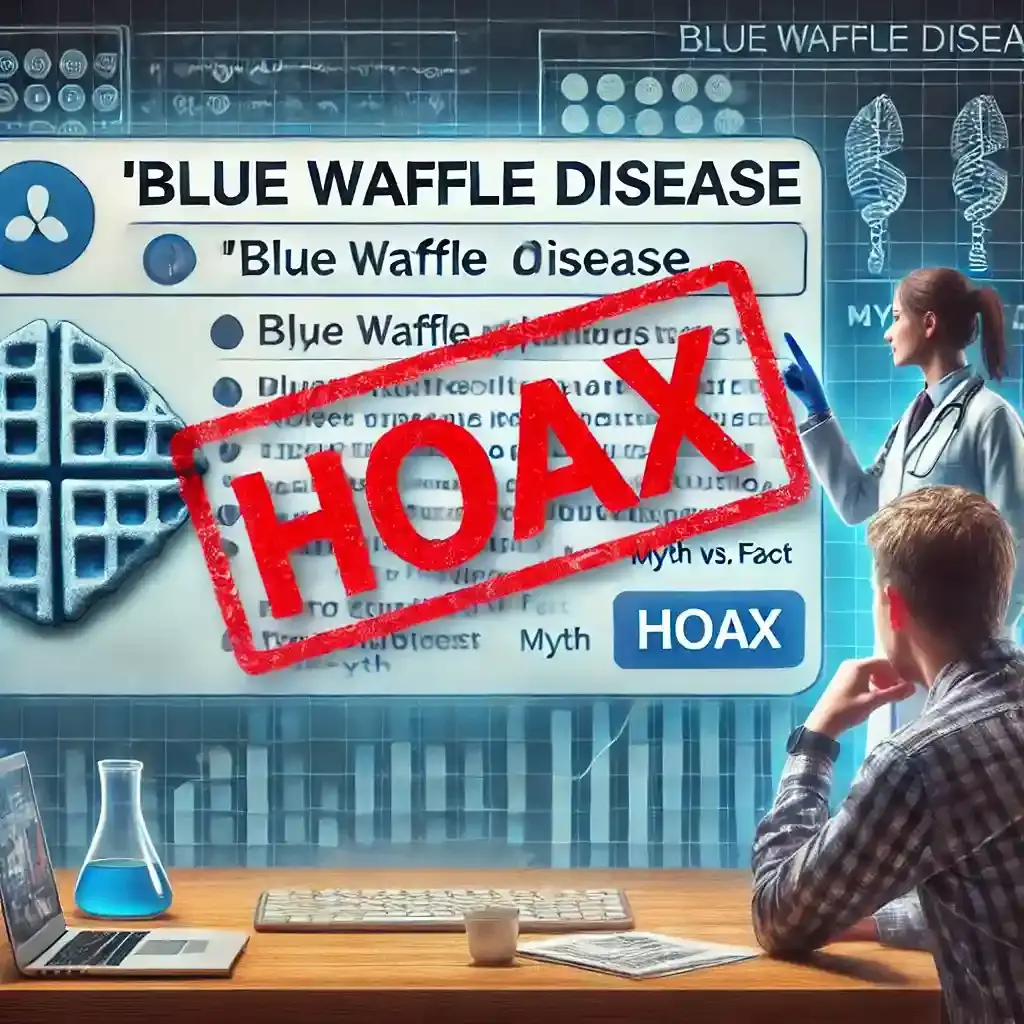HPV may infect any sexually active woman. If your only sexual partner is infected, this might occur. Additionally, the risk rises dramatically when you engage in several sexual encounters. By engaging in oral, vaginal, or anal intercourse, you might get infected. Even if they do not yet exhibit symptoms, the infected individual can still spread the infection. Various behaviors can assist you in preventing infection or the adverse effects that a virus may cause:
Also Read: Are genital warts curable?
How long does appear HPV in women?
While it might take as long as 20 months for the infection to incubate in the body fully, the human papillomavirus, or HPV, in women develops between 1 and 3 months. The kind of HPV that has been transmitted, the immune system of the individual, and other environmental variables, such as behaviors, will all be important. According to NIH, the prevalence of HPV is 54% in the actively innercity young females.
In most infections, there are no symptoms; after approximately 2 years, the immune system can get rid of the virus. To treat the ailment, it is best to begin battling it immediately.
Also Read: How do married women get HPV?
What are HPV symptoms for females?
HPV infection in females leads to severe symptoms before further treatment. We should know that it can affect both partners and may infection cause many problems for each other. There are a few symptoms of human papillomavirus symptoms in females are given below:
- Genital Warts
- Cervical Dysplasia
- Cervical Cancer
- Pelvic Pain
- Catchy Infection frequently
What are the exams that Women should undergo?
Firstly, the health care provider asks you for a physical and pelvic examination. The other procedure, colonoscopy, is used for spot warts, which are impossible to see with the naked eye. In this procedure, light is used, a low-power microscope helps to find accurate conditions, and it is also used for biopsy. This gives us information about the abnormal cervical cells. A pap test follows this.
Another test is the HPV DNA test, which is used to know the risk factors of HPV that may cause cervical cancer. There are some points that you need to cover if you want to go for this test:
- You have genital warts
- Your age should be over 30
- If a woman of any age shows abnormal pap test
Also Read: How long does HPV take to show up on pop?
What should you do if you are diagnosed with HPV?
First and foremost, don't use OTC medicines. There are some medicines that you should include are:
-
Only healthcare providers can apply or inject medicines into the genital warts
-
Use only prescribed medicines
There are other minor procedures for genital warts are given the following:
-
Freezing
-
Burning
-
Laser Therapy
-
Surgery
Also Read: Overcoming Pain with Laser Therapy -Domer Laser
What are the possible complications of HPV?
There are some complications, such as cervical cancer and vulva cancer. Additionally, the cancer may spread to the vagina, penis, and anus. Ultimately, it spread through throat cancer as well. The tongue and tonsils get involved in it. But this is sure, and it takes a lot of years to develop after a woman gets HPV.
When to contact a Health Care Professional?
It is mandatory to visit a doctor from time to time to prevent any major consequences. Therefore, you should know when to visit the doctor or gynecologist. If you find this:
-
Your partner is suffering from genital warts.
-
You can visibly see the genital warts, itching, discharge, or abnormal bleeding
-
Visit for pap test from the age of 21
Also Read: Top 5 Throat Cancer Symptoms To Look Out For
What are the preventions?
There are many ways that you can prevent yourself from spreading the HPV virus from your partner, which are listed below:
-
Using condoms for both male and female
-
You should know about your partner's health history
-
Limit sexual activity to multiple partners
-
Avoid a partner who has already been involved with many others
Vaccination
When administered within the recommended age range by medical experts, the vaccination is both safe and effective. It offers a defense against the illnesses that HPV might bring.
Properly using a physical barrier in every sexual connection lowers the risk of transmission but does not completely protect against HPV infection since it does not cover all potential locations for infection.
The pair practices monogamy on both sides.
There are many vaccines that physicians provide, according to the doctor. Vaccines are the best solution to prevent HPV. However, we cannot say that it completely cures the genital warts.
The vaccines are given to both males and females/young girls in the age group of 9-12. In series, two doses are recommended. The women are eligible for vaccines up to 45 years.
Also Read: My partner has genital warts. Will I get it?
Is HPV curable in females?
Many people asked, "What is HPV infection in females?" If we say, it is an infection that is transmitted through a partner or skin-to-skin contact. Specifically, there is no other treatment for HPV. It can be prevented by following some guidelines and vaccines. However, the scope of genital warts remains the same if you do not get the right treatment at the right time. That may result in genital warts and cancer. The number of abnormal cells grows in size and leads to complications of HPV. There are other articles about how you can cure HPV for females.
Can HPV treated with antiobiotics?
The simple answer to his question is no. Antibiotics do not treat the virus. The treatments used for HPV are salicylic acid, imiquimod, podofilox, and trichloroacetic acid. These are common injections and medicines that are only given by the physician.
Frequently Asked Questions
What are the hpv symptoms in females?
1. Cervical Pain 2. Pelvic Pain 3. Cervical Dysplasia 4. Genital Warts 5. Cervical Cancer
What are the HPV symptoms in females?
Women may not have pain which means painless growths or lumps around your vagina that is basically called as genital warts.
What are the complications of human papillomavirus symptoms in females?
It has been reported that women end up with vaginal cancer, or vulva or anus cancer.
How to know if you have HPV?
You can go through with some tests like pap smear, HPV screening test, and also look for visible symptoms in the body.
How can HPV on cervix occur?
HPV infection in the cervix, when transmitted sexually, directly affects the genital parts of females. This leads to vaginal bleeding, pelvic pain, pain during intercourse, and unexplained weight loss.
What causes HPV in females?
There are many causes like sexual activity, unprotected sex, multiple sexual partners, low immune system, smoking, and skin-to-skin contact to affected person.

Reviewed by







